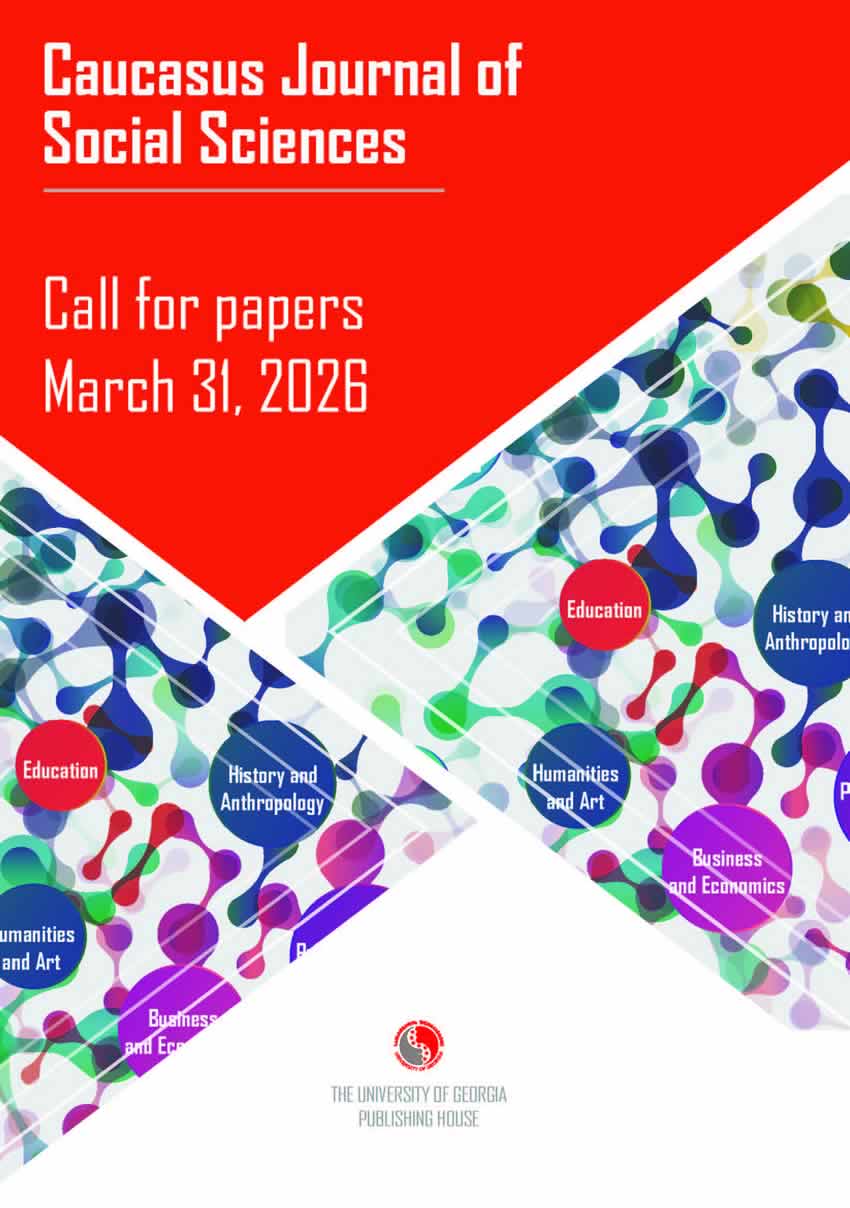Georgian Higher Education and Funding Model: Effects on Higher Education Efficiency and Stakeholders’ Interests
DOI:
https://doi.org/10.62343/cjss.2014.136Keywords:
Autonomy, Funding Models, Accessibility, Stakeholders, EfficiencyAbstract
As we live in an extremely dynamic world, the importance of creating new knowledge and developing education has become vital. Higher education has to rapidly respond to the ever-changing conditions of the economy and the labor market. As resources are scarce, governments make continuous attempts to obtain maximal returns on investments in higher education. Georgia still needs to take important steps to get closer to European education standards. The aim of this research is to evaluate the effects and results of higher education reform in Georgia and particularly, its funding model. Under this research, the influence of the funding model on the stakeholders of higher education was observed. Furthermore, we exa-mined whether funds spent on higher education by the public and private sectors are used efficiently, and does the higher education system serve the objectives of each interested party. Our research methodology includes reviewing scientific and legislative literature, analyzing statistical data and conducting interviews with involved parties.
Downloads
Published
How to Cite
Issue
Section
License
Copyright (c) 2023 Maia Amashukeli, Rusudani Chachanidze

This work is licensed under a Creative Commons Attribution 4.0 International License.
In case an article is accepted for publication it is allowed to combine the article with other research, to conduct new research on the article, or to make different arrangements on condition that the same license is used including commercial purposes.
As an author of an article published in the Caucasus Journal of Social Sciences, you retain the copyright of your article and you are free to reproduce and disseminate your work.











